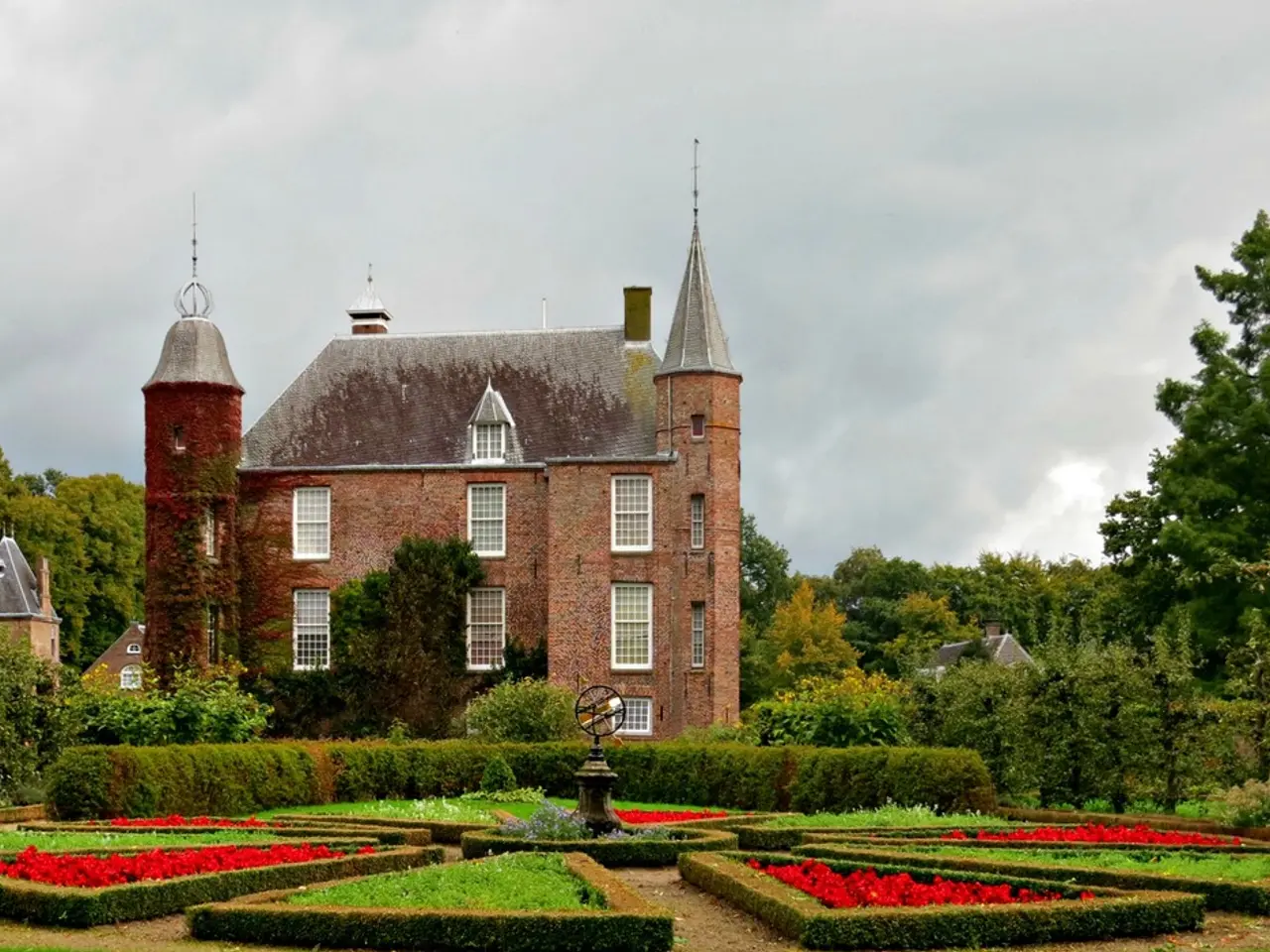Reinventing Maturity: The Changing Landscape of Adulthood Today
### Redefining Adulthood in the Modern Era
Adulthood, once a clear-cut stage of development, is undergoing a significant transformation in contemporary society. Traditional markers such as marriage, parenthood, and stable long-term employment are being replaced by new indicators like career establishment, identity, and self-perception.
A study by researchers at the University of York found that only about 25% of participants endorsed marriage and parenthood as markers of adulthood, while 57% endorsed career as a defining factor. This shift indicates a change in what is socially accepted as signaling adulthood.
Moreover, about half of emerging adults (aged 18-29 years) considered themselves adults despite not having met traditional milestones, signaling a psychological redefinition of adulthood based more on self-perception than on external achievements.
The delay or absence of traditional markers leads to emerging adults developing new psychological criteria to identify as adults, such as self-reliance, responsibility for oneself, and independent decision-making. However, psychological challenges such as rigidity, impatience, and taking oneself too seriously are sometimes linked to the way individuals adapt to these new adult roles, particularly in those with dysfunctional family backgrounds.
Broader social and economic changes have disrupted traditional pathways to adulthood. Prolonged education, unstable labor markets, and changing family structures contribute to the delay or absence of marriage and parenthood. This variation in the timing and attainment of adult goals reflects increasing social class diversity and cultural segmentation, redefining adulthood as a more individual, varied, and prolonged transition.
Society's emphasis on career establishment as a primary adult marker points to economic participation as a key sociological indicator of adulthood in the current era. This shift reflects a move from adulthood as a fixed set of societal roles toward a more fluid, subjective state defined by personal development and identity formation.
There is a growing recognition that adulthood is not merely reaching certain milestones but engages deeper notions of existential responsibility, autonomy, and authenticity in life choices, reflecting broader philosophical trends emphasizing individual agency in social roles. This philosophical evolution mirrors postmodern critiques of fixed life stages, embracing pluralism and the deconstruction of grand narratives about life course progression.
In summary, the redefining of adulthood is a multidimensional process, with socially recognized criteria evolving, psychological self-concepts adapting, and philosophical understandings of adult identity becoming more complex and individual-centered. This transformation invites us to see adulthood not as a fixed state achieved at a particular age or by completing a list of tasks, but as a lifelong practice, a way of becoming.
- In the context of redefining adulthood, education and self-development, particularly personal growth, play a significant role as new psychological criteria for identifying oneself as an adult.
- The shift towards career as a defining factor of adulthood has implications for mental health, as the way individuals adapt to new adult roles can sometimes lead to psychological challenges such as rigidity, impatience, and taking oneself too seriously.
- The changing concept of adulthood, moving away from traditional markers toward a more fluid state defined by personal development and identity formation, reflects cultural segmentation and evolution, influencing lifestyle choices.




